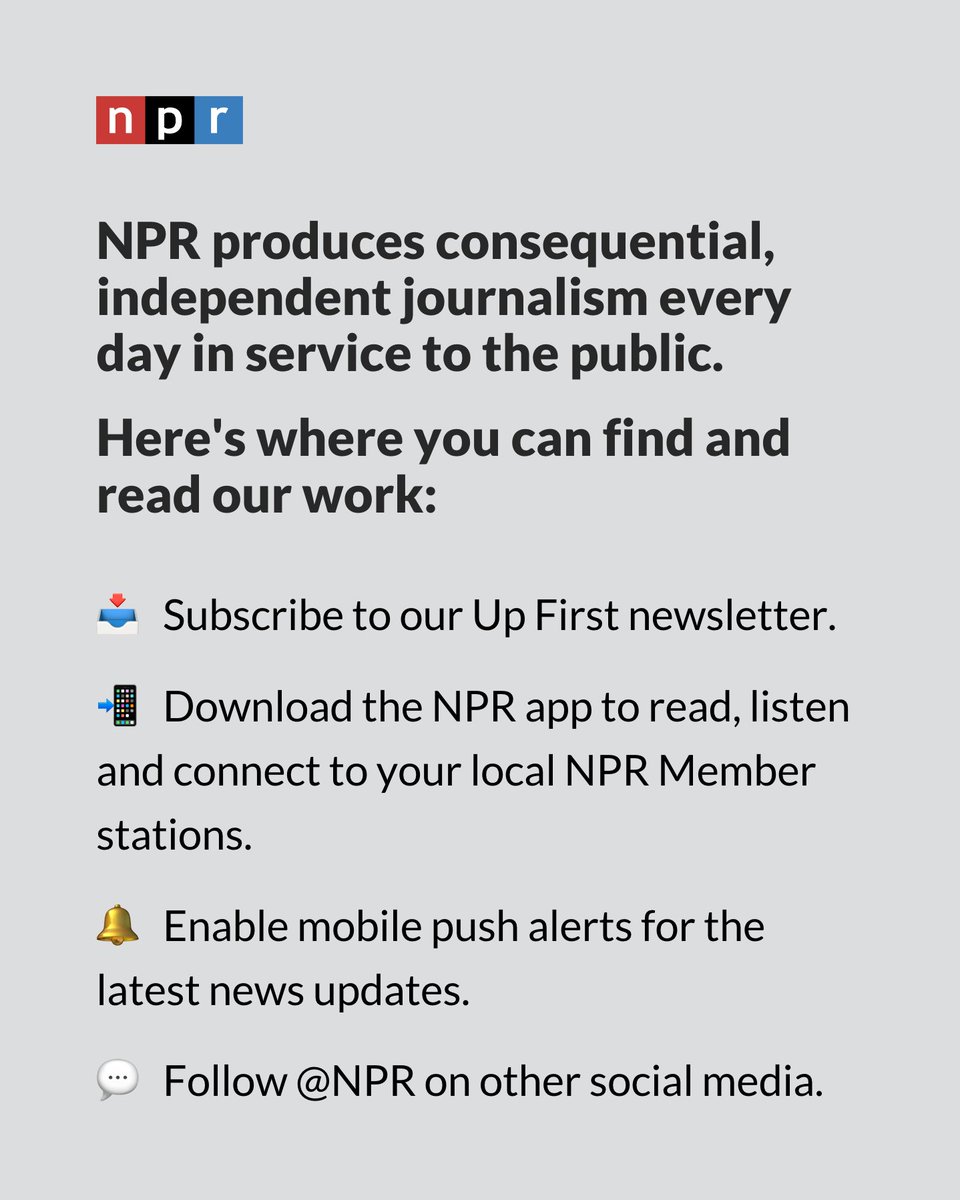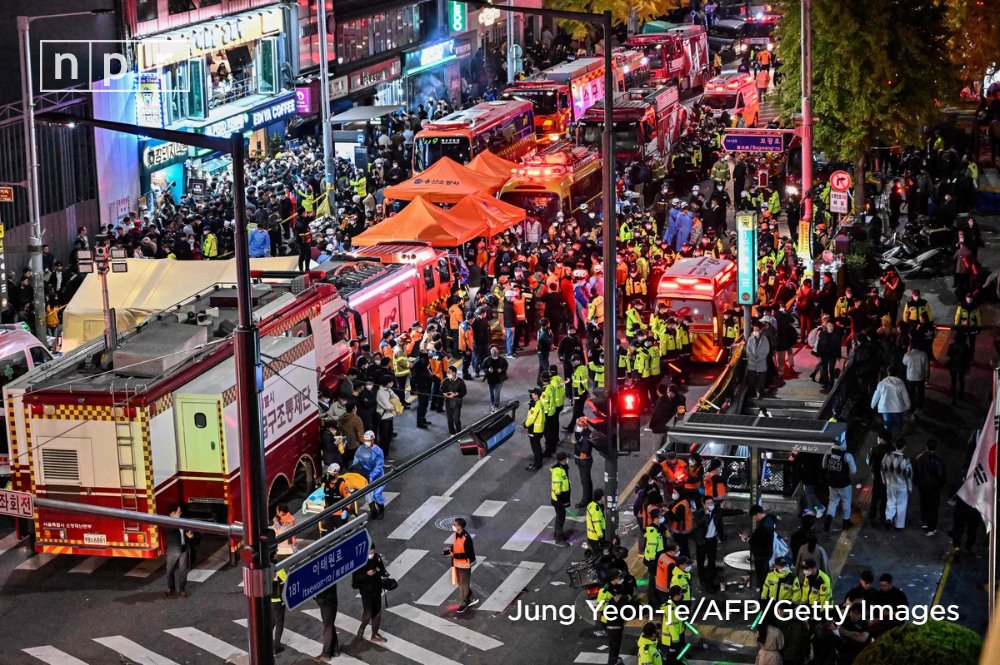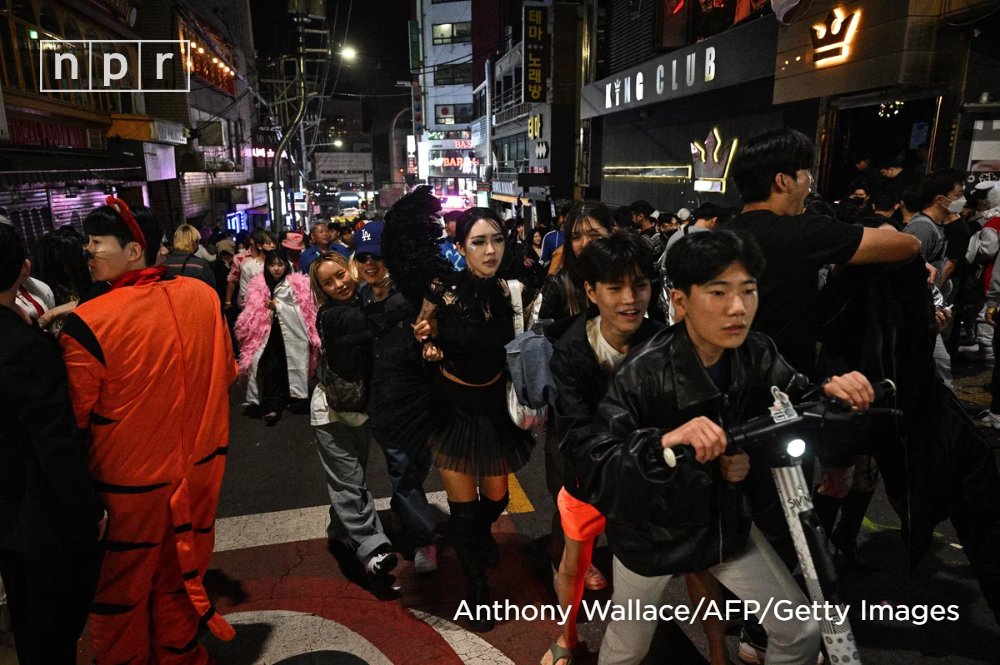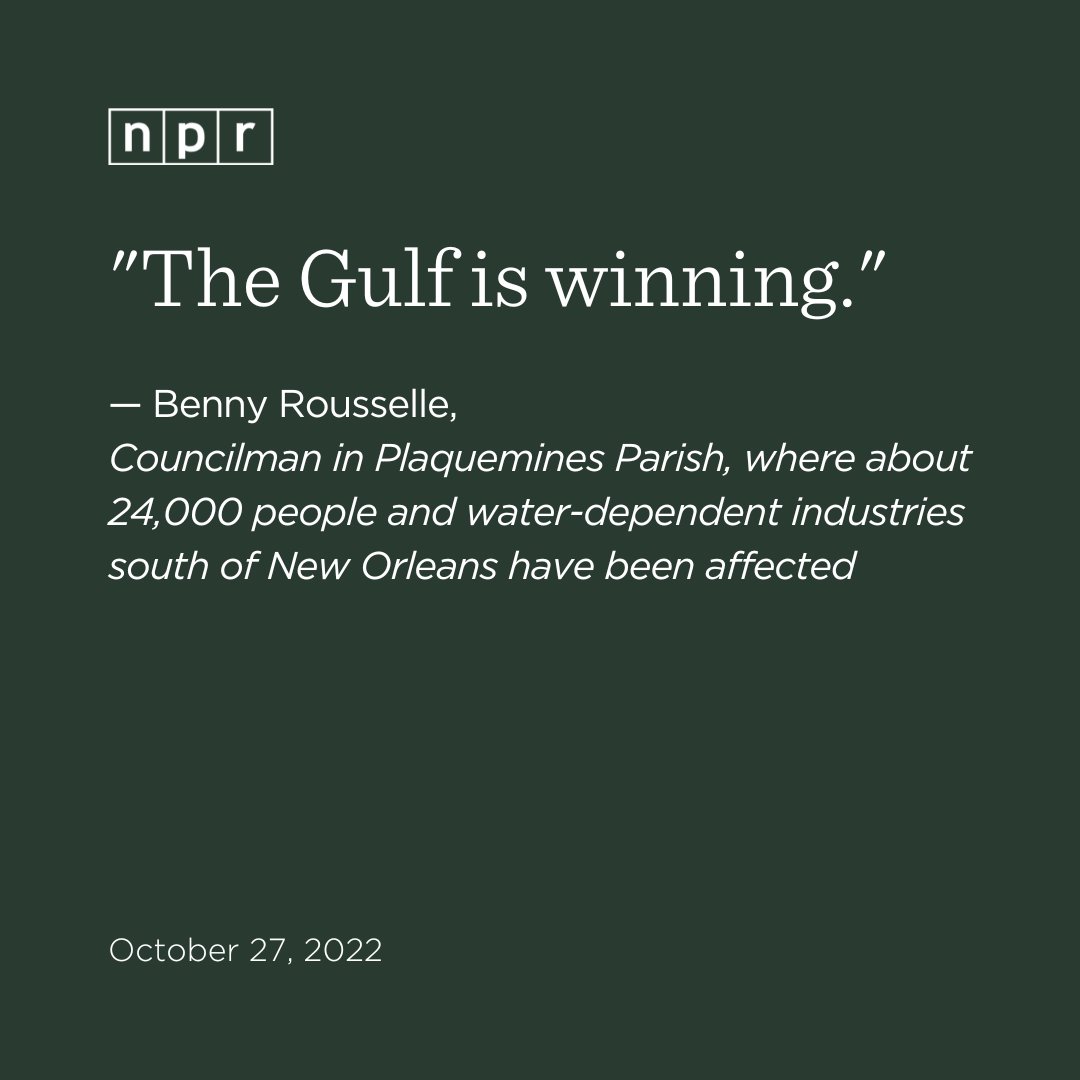1/ Confused about which plastics to recycle? You're not alone.
The guidelines depend on your community's recycling facilities. They're all run differently, with varying equipment and different markets for their plastic.
Here's what you need to know: n.pr/2ZadErN
The guidelines depend on your community's recycling facilities. They're all run differently, with varying equipment and different markets for their plastic.
Here's what you need to know: n.pr/2ZadErN
2/ Plastic wrap:
Gets tangled in equipment at the recycling center and can bring it to a standstill.
❌ Not recyclable
Gets tangled in equipment at the recycling center and can bring it to a standstill.
❌ Not recyclable
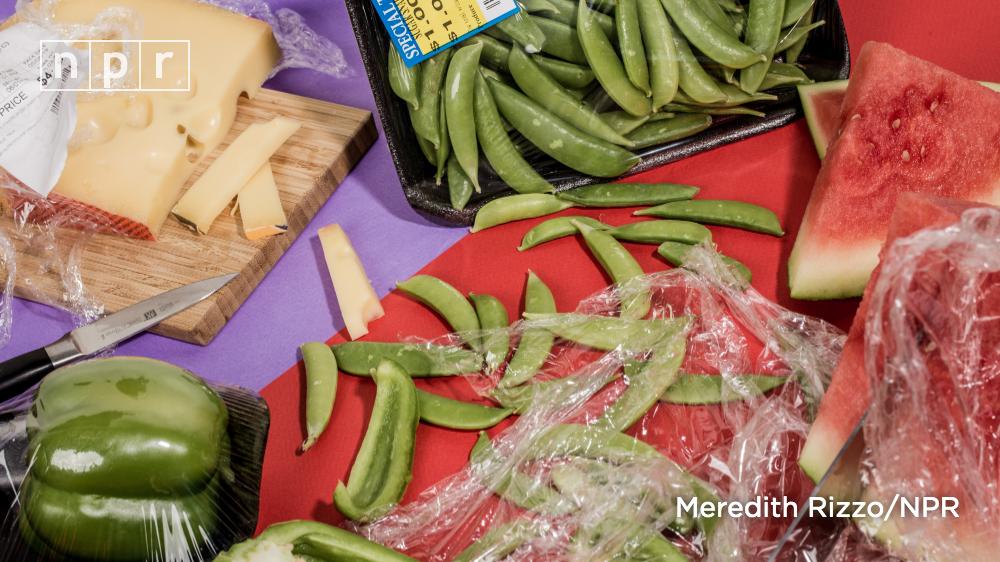
3/ Flexible plastic packaging:
Many of these pouches and bags flatten out on conveyor belts. They can get mixed in with paper, making the paper bales unsellable.
❌ Not recyclable
Many of these pouches and bags flatten out on conveyor belts. They can get mixed in with paper, making the paper bales unsellable.
❌ Not recyclable

4/ Plastic beverage bottles:
Recycling systems were made to handle these bottles (yet only a third of all plastic bottles find their way to recycling bins). Check whether your facility wants lids on or off. Most need the labels removed.
✅ Recyclable
Recycling systems were made to handle these bottles (yet only a third of all plastic bottles find their way to recycling bins). Check whether your facility wants lids on or off. Most need the labels removed.
✅ Recyclable

5/ Clamshells:
Although they often have a #1 on the bottom and are the same type of plastic as drink bottles, clamshells aren't recyclable everywhere.
⚠️ Check locally
Tip: The 1-7 numbering system says the type of resin a plastic is made from and may not mean it's recyclable.
Although they often have a #1 on the bottom and are the same type of plastic as drink bottles, clamshells aren't recyclable everywhere.
⚠️ Check locally
Tip: The 1-7 numbering system says the type of resin a plastic is made from and may not mean it's recyclable.

6/6 Recycling alone can’t solve the plastic waste problem.
It's just one part of a bigger strategy that includes reducing packaging and replacing disposables with reusable materials.
Learn more: n.pr/2ZadErN
It's just one part of a bigger strategy that includes reducing packaging and replacing disposables with reusable materials.
Learn more: n.pr/2ZadErN
• • •
Missing some Tweet in this thread? You can try to
force a refresh


